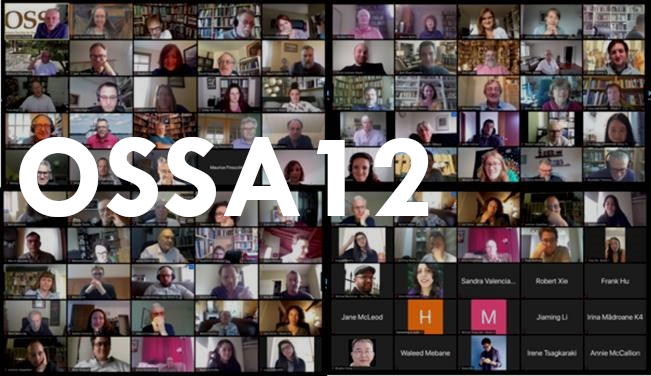Location
Room 1
Document Type
Paper
Keywords
argumentation schemes, critical discourse analysis, epistemic injustice, social bias, systematic identity prejudice, rhetorical disadvantage
Start Date
6-6-2020 10:00 AM
End Date
6-6-2020 11:00 AM
Abstract
In this paper, Douglas Walton’s Argumentation Schemes and corresponding critical questions are taken through Thomas Huckin’s (1997) Critical Discourse Analysis in order to further demonstrate that a schematic-pragmatic approach to argument evaluation needs to account for bias in and of itself. Building on the work of Audrey Yap (2013, 2015) and Ciurria and Al Tamini (2014) which demonstrates how the schemes have not addressed, and may even intensify, various disadvantages people with systemic identity prejudices face, Huckin’s approach offers additional nuance as to how these concerns can be exacerbated by the schemes. As the schemes have been devised through observations of “stereotypical patterns of reasoning (Walton, 1990)… [and because t]hey represent patterns used in everyday conversational argumentation, and in other contexts such as legal and scientific argumentation” (Walton & Macagno, 2016, p.1), social biases have the potential for having piggybacked into the schemes. What is often fallacious in one social context is cogent in another, often based on what counts as credible testimony and evidence. Therefore, we must consider how social biases may be built into the tools we use to evaluate arguments, as well as how our tools (do not) handle, or even perpetuate, these biases.
Reader's Reactions
Moira L. Kloster, Commentary on Harmony Peach’s “Piggybacking In? A Critical Discourse Analysis of Argumentation Schemes” (June 2020)
Included in
Piggybacking In? A Critical Discourse Analysis of Argumentation Schemes
Room 1
In this paper, Douglas Walton’s Argumentation Schemes and corresponding critical questions are taken through Thomas Huckin’s (1997) Critical Discourse Analysis in order to further demonstrate that a schematic-pragmatic approach to argument evaluation needs to account for bias in and of itself. Building on the work of Audrey Yap (2013, 2015) and Ciurria and Al Tamini (2014) which demonstrates how the schemes have not addressed, and may even intensify, various disadvantages people with systemic identity prejudices face, Huckin’s approach offers additional nuance as to how these concerns can be exacerbated by the schemes. As the schemes have been devised through observations of “stereotypical patterns of reasoning (Walton, 1990)… [and because t]hey represent patterns used in everyday conversational argumentation, and in other contexts such as legal and scientific argumentation” (Walton & Macagno, 2016, p.1), social biases have the potential for having piggybacked into the schemes. What is often fallacious in one social context is cogent in another, often based on what counts as credible testimony and evidence. Therefore, we must consider how social biases may be built into the tools we use to evaluate arguments, as well as how our tools (do not) handle, or even perpetuate, these biases.

